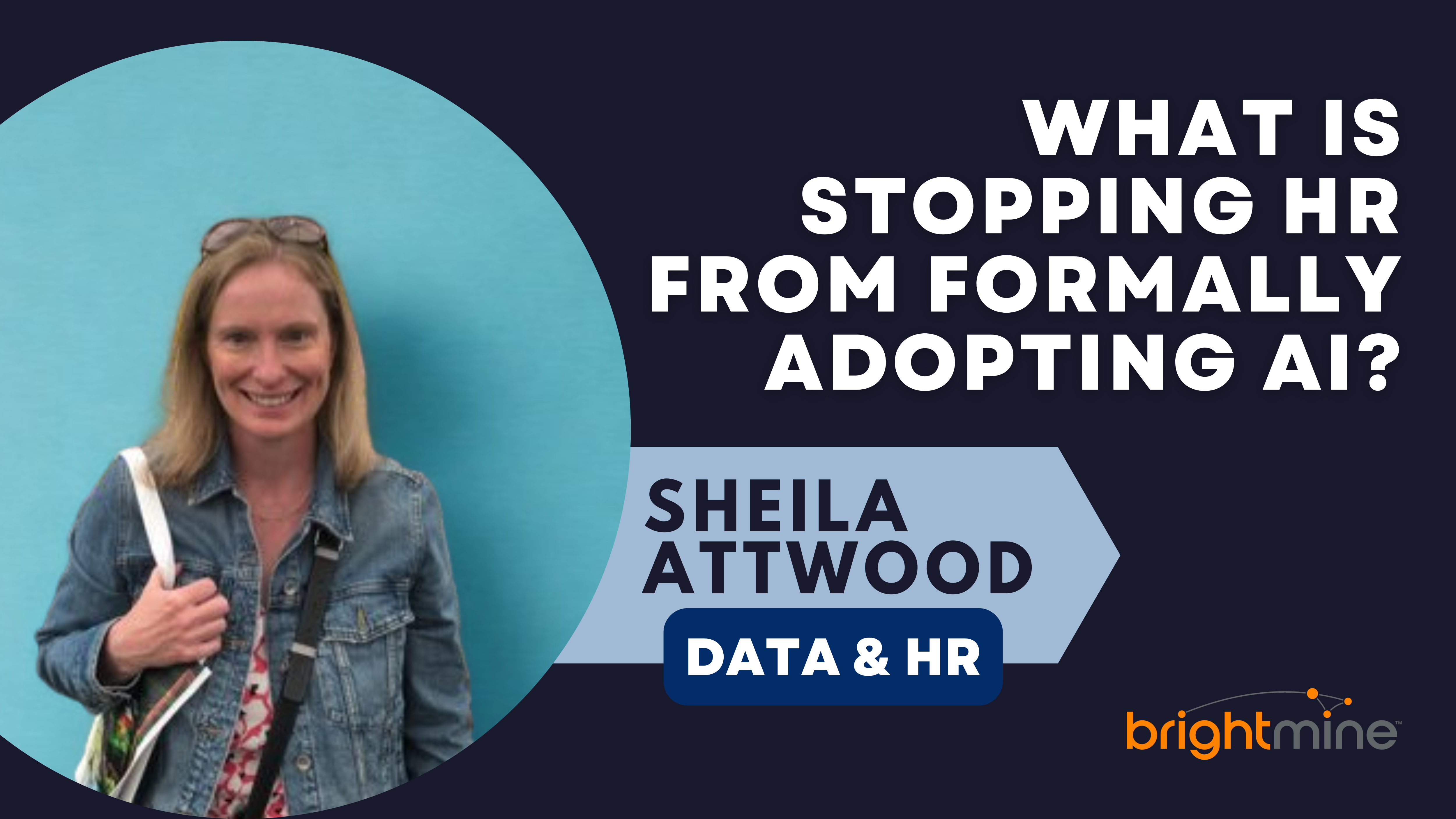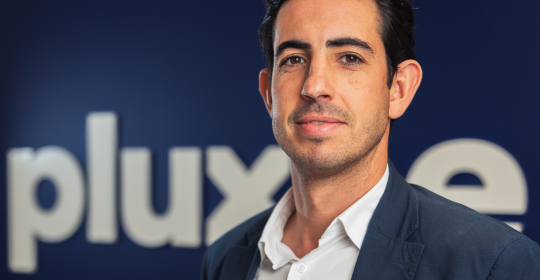HR professionals are no strangers to artificial intelligence, and they are increasingly bringing it into their own day-to-day work. According to the latest findings from Brightmine, 66% of HR professionals have now used AI tools in their work, up from 54% in 2024. Most are applying AI to support with individual tasks such as drafting job descriptions, internal communications, and policy development.
However, our research findings also tell us that while informal usage is rising, formal adoption is still lagging. Only 3.6% of UK HR teams have officially adopted AI into their processes. This disconnect can pose a risk as, without clear policies, organisations may expose themselves to compliance, data and ethical issues and potentially miss out on the full value of AI when formally implemented. So why is HR holding back and what changes are required?
Too busy to save time
HR professionals find themselves in a catch-22 situation - AI has the potential to ease the workload for overstretched HR teams, yet implementing it properly takes time. However, time is something most HR professionals simply don’t have enough of. Findings show that more than 60% say they’re too stretched to even begin to explore formal implementation.
Some teams rely on free tools like ChatGPT to get started quickly, but these come with risks. The main one being data privacy and accuracy. A safer and more accessible option is to use AI features already embedded in existing HR technology software. These tools are typically designed with compliance in mind and require minimal time to setup.
For larger companies, exploring custom AI solutions is also an option. While these undoubtedly require specialist expertise and investment, the time spent is worth the reward once the necessary implementation and training is in place.
The missing link in HR transformation
According to Brightmine findings three in five HR professionals feel they lack the necessary skills and knowledge to use AI confidently and effectively. What HR teams need to understand is they don’t need to become tech experts to use AI. However, it is important to build skills in data literacy, ethics, and collaboration. This should come from a top-down approach, where everyone gains the necessary skills across an organisation to use AI safely and to its full capacity.
The training should also focus on how to evaluate AI tools, interpret outputs, and understand where and when human oversight is needed. The goal isn’t to replace professionals but to empower them to use AI responsibly by automating routine tasks so they can focus on the more strategic, people-focused aspects of their role.
Why HR needs AI guardrails
Brightmine findings show that over half of organisations (55%) cite ethical or data privacy concerns as a major barrier to AI adoption. These concerns are particularly relevant in HR as AI is increasingly being used in sensitive areas like recruitment, performance evaluation, and employee reviews and in these contexts, the stakes are high, and missteps can affect people’s careers.
One way to manage this risk is through clear, organisation-wide policies that guide responsible AI use. Without formal guardrails, informal or inconsistent AI use can creep into day-to-day HR processes, increasing the risk of bias, data protection breaches, or unfair outcomes. HR teams should know which tools are approved, when AI can (or shouldn’t) be used, what level of human oversight is required, and who is ultimately accountable for decisions. Clarity is the aim – technical knowledge isn’t necessary.
With the right frameworks in place, HR professionals can adopt AI in a way that enhances fairness and efficiency, rather than undermining them.
What’s the way forward?
As a first step toward change, it’s important for HR leaders to lead by example - championing the responsible use of AI and making sure it aligns with organisational goals, it sets the tone for the wider teams. This means investing in training, building AI into existing processes where it adds value, and creating guardrails to manage risk.
Formal adoption doesn’t need to be all-or-nothing or instantly. Businesses can start small by investing in training for HR leaders and their teams, ensuring responsible use policies, as well as aligning AI initiatives with long-term organisational goals.
There is a big opportunity for HR departments as AI becomes more integrated into day-to-day tasks. Formalising its use can help shift the function from reactive support to a proactive tactical partner, as it can help save time, improve decision-making, and strengthen workforce resilience in the long run.






